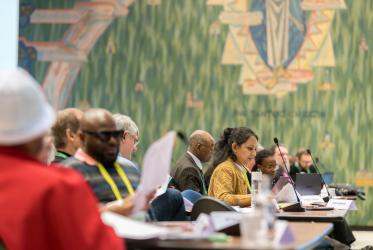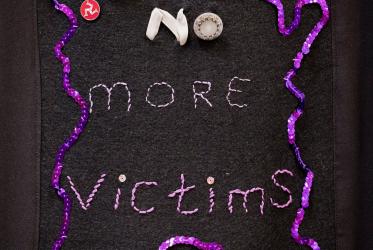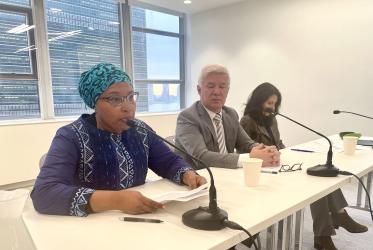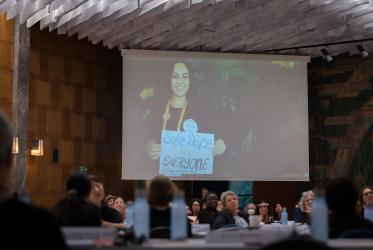Displaying 1 - 20 of 657
South Sudan churches share Easter messages of hope
04 April 2024
On International Women’s Day, find ways to end femicide
29 February 2024
Award-winning work means interactive storytelling with inclusivity
06 February 2024
As femicide cases rises, Kenyan religious leaders move to act
06 February 2024
In Angola, WCC takes human rights approach to obstetric fistula
01 February 2024
Faith Actors Reflect on Their Role in Reaching HIV Goals at ICASA
21 December 2023













